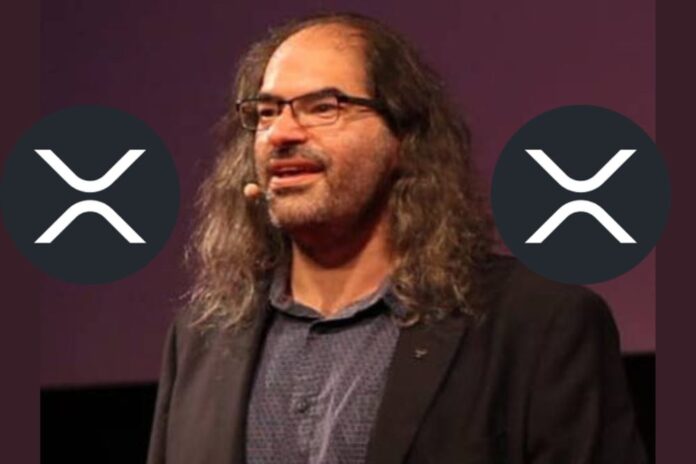The recent ruling in the TerraForm Labs’ case, where a federal judge rejected Judge Torres’ distinction pertaining to Ripple’s XRP sales, has sparked a debate within the cryptocurrency community. Judge Torres had categorized Ripple’s sales to institutional investors as securities while considering those sold through digital exchanges as non-securities.
Interestingly, TerraForm Labs and its founder, Do Kwon, attempted to leverage Judge Torres’ decision as a legal precedent to dismiss the Securities and Exchange Commission’s (SEC) lawsuit. In response, the SEC filed a countermotion, claiming that Judge Torres had erred in her ruling.
In the Terra case, Judge Jed Rakoff, presiding over the matter, rejected Judge Torres’ distinction, triggering a significant debate on Twitter. A former securities lawyer, John Reed Stark, took to Twitter, expressing his belief that the Ripple decision is encountering “big trouble.”
However, Ripple CTO David Schwartz holds a different perspective. He emphasized that the ruling is based on an unconventional interpretation of the scheme and does not accurately represent how cryptocurrencies function. Schwartz shared an excerpt from the ruling, asserting that nothing mentioned by the judge applies to typical crypto assets.
This ruling seems to be based no some very unsual properties of this particular scheme and not the way cryptocurrencies generally work. None of the below, the crux of the reasoning here, applies to typical cryptocurrencies as far as I can tell. pic.twitter.com/P41jiwlZaG
— David "JoelKatz" Schwartz (@JoelKatz) August 1, 2023
Additionally, Schwartz clarified that Judge Rakoff’s rejection of Judge Torres’ ruling was based on differences in facts rather than a fundamental disagreement. According to the Ripple CTO, Judge Rakoff’s decision in the TerraForm Labs’ case could be interpreted in two ways for XRP enthusiasts: the worst-case scenario and the best-case scenario.
In the worst-case scenario, Schwartz suggested that the judge might imply he will not follow Judge Torres’ decision because he applied additional tests that are not part of the Howey test. In the best-case scenario, Schwartz posited that Judge Rakoff disagreed with the argument to follow Judge Torres’ decision because her reasoning indirectly implicated facts that were not applicable to the TerraForm Labs case.
Further, Schwartz hypothesized that Judge Rakoff could be asserting that the Howey test does not distinguish between secondary market sales and those sold to institutional investors, hence his decision not to follow his colleague’s ruling.
The put two another way, the court might be saying that there's no rule that secondary sales need to be treated differently from institutional sales because nothing in the Howey test says so. So if the court did so in Ripple, it was either wrong or did so because the facts in…
— David "JoelKatz" Schwartz (@JoelKatz) August 1, 2023
Schwartz concluded by stating, “So if the court did so in Ripple, it was either wrong or did so because the facts in that particular case justified that distinction and the court thinks the facts, in this case, don’t justify such a distinction.”
The analysis provided by Ripple CTO garnered reactions from crypto enthusiasts, including John Deaton, the founder of Crypto-Law.US.
Attorney Deaton commended Schwartz for his exceptional review of the ruling, highlighting that some of the best legal analyses often come from non-lawyers.
As I’ve said before, some of the best legal analysis I’ve read come from non-lawyers. Outstanding review. 👇 https://t.co/XJ9v1yoTIM
— John E Deaton (@JohnEDeaton1) August 1, 2023
In addition to David Schwartz, Ripple’s Chief Legal Officer, Stuart Alderoty, also responded to the Terra case. Alderoty clarified that Judge Rakoff’s recent decision does not alter the outcome of the Ripple lawsuit, including the fact that XRP is not considered a security.
Follow us on Twitter, Facebook, Telegram, and Google News


